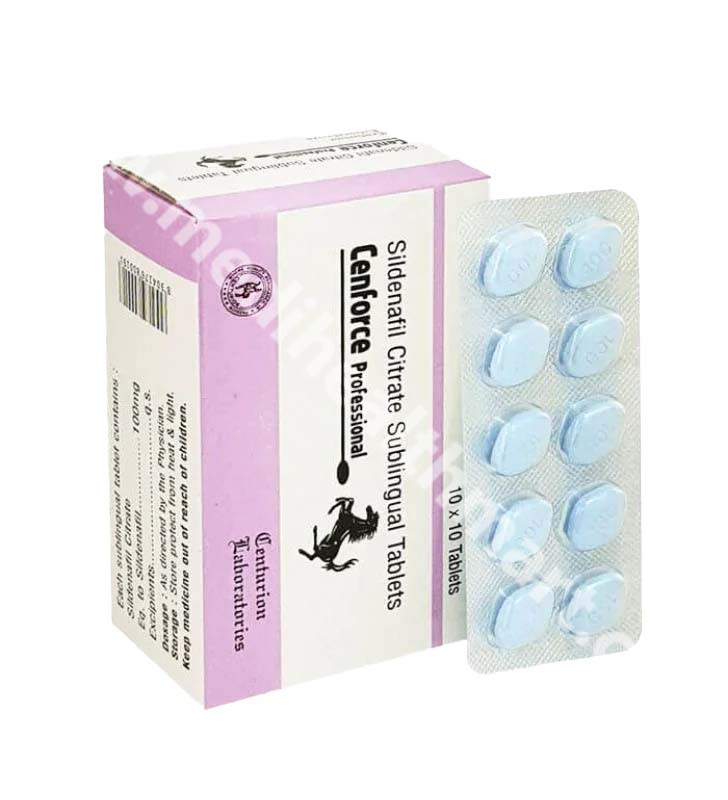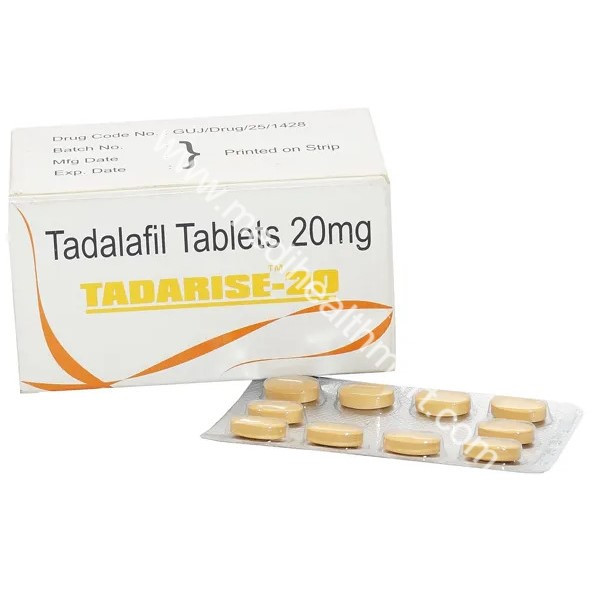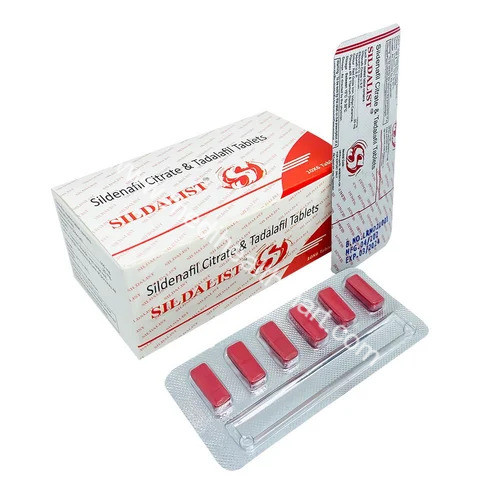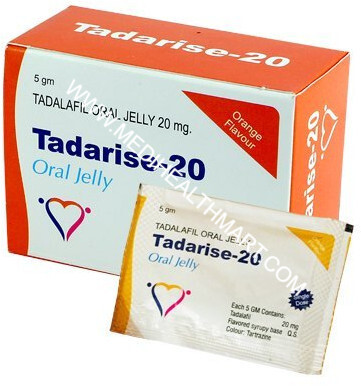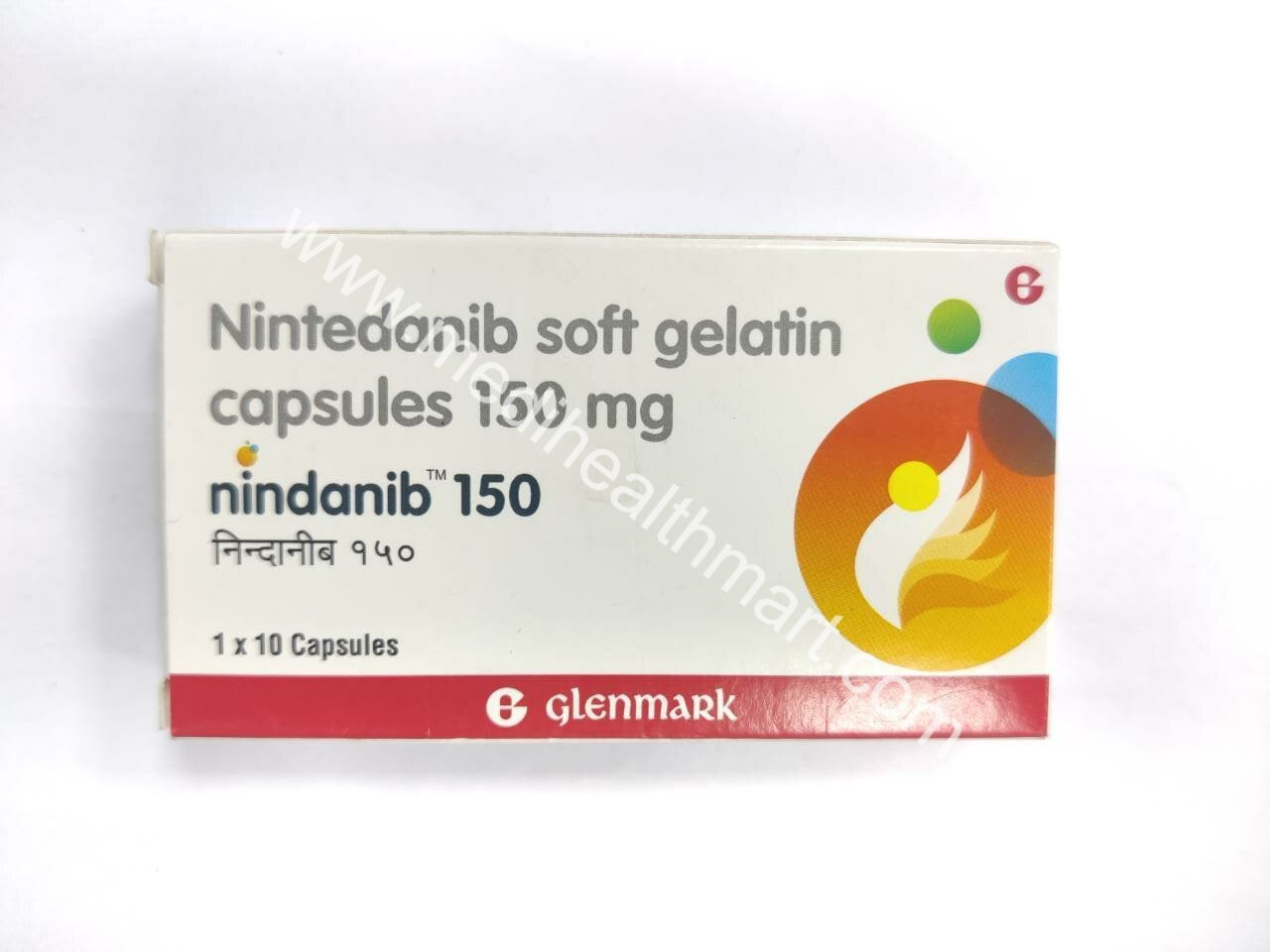

Targocid
Targocid contains Teicoplanin, a glycopeptide antibiotic used to treat serious Gram-positive bacterial infections, including infections caused by methicillin-resistant Staphylococcus aureus (MRSA). It is especially used in hospital settings where resistant bacteria are a major concern.
Teicoplanin works by inhibiting bacterial cell wall synthesis, effectively killing susceptible bacteria. It has a similar mechanism to vancomycin but offers certain advantages like less frequent dosing due to its long half-life.
Targocid is typically administered via intravenous (IV) or intramuscular (IM) injection under medical supervision, especially in severe infections such as bone and joint infections, skin and soft tissue infections, endocarditis, pneumonia, and bloodstream infections.
Uses of Targocid
✅ MRSA Infections — Treats infections caused by methicillin-resistant Staphylococcus aureus.
✅ Skin and Soft Tissue Infections — Effective in cellulitis, abscesses, and wound infections.
✅ Bone and Joint Infections — Used for osteomyelitis and septic arthritis.
✅ Endocarditis — Treats infections of the heart valves and lining.
✅ Bloodstream Infections — Treats bacteremia caused by Gram-positive organisms.
Key Benefits
-
Effective against resistant bacteria: Particularly valuable in MRSA and enterococcal infections.
-
Longer half-life: Allows once-daily dosing after loading doses, improving patient convenience.
-
Lower nephrotoxicity risk: Compared to vancomycin, Targocid may have a better kidney safety profile.
-
Flexible administration: Can be given IV or IM depending on the patient’s condition.
-
$69.00 - $99.00
-
$79.00 - $181.00
-
$59.00 - $95.00
-
$60.00 - $183.00
-
$45.00 - $121.00
-
$95.00 - $200.00
Reviews & Ratings
Targocid contains Teicoplanin, a glycopeptide antibiotic used to treat serious Gram-positive bacterial infections, including infections caused by methicillin-resistant Staphylococcus aureus (MRSA). It is especially used in hospital settings where resistant bacteria are a major concern.
Teicoplanin works by inhibiting bacterial cell wall synthesis, effectively killing susceptible bacteria. It has a similar mechanism to vancomycin but offers certain advantages like less frequent dosing due to its long half-life.
Targocid is typically administered via intravenous (IV) or intramuscular (IM) injection under medical supervision, especially in severe infections such as bone and joint infections, skin and soft tissue infections, endocarditis, pneumonia, and bloodstream infections.
Uses of Targocid
✅ MRSA Infections — Treats infections caused by methicillin-resistant Staphylococcus aureus.
✅ Skin and Soft Tissue Infections — Effective in cellulitis, abscesses, and wound infections.
✅ Bone and Joint Infections — Used for osteomyelitis and septic arthritis.
✅ Endocarditis — Treats infections of the heart valves and lining.
✅ Bloodstream Infections — Treats bacteremia caused by Gram-positive organisms.
Key Benefits
-
Effective against resistant bacteria: Particularly valuable in MRSA and enterococcal infections.
-
Longer half-life: Allows once-daily dosing after loading doses, improving patient convenience.
-
Lower nephrotoxicity risk: Compared to vancomycin, Targocid may have a better kidney safety profile.
-
Flexible administration: Can be given IV or IM depending on the patient’s condition.
Frequently Brought Products
-
$69.00 - $99.00
-
$79.00 - $181.00
-
$59.00 - $95.00
-
$60.00 - $183.00
-
$45.00 - $121.00
-
$95.00 - $200.00











